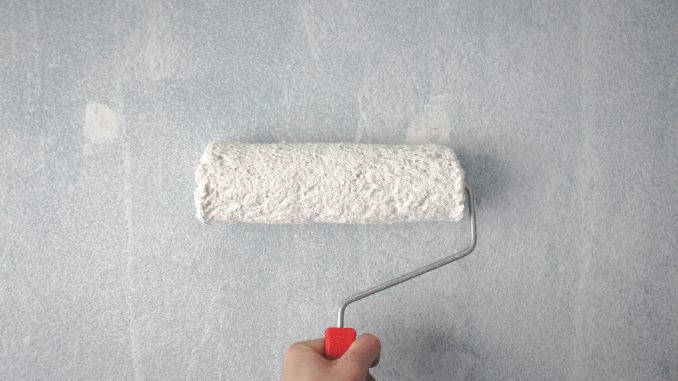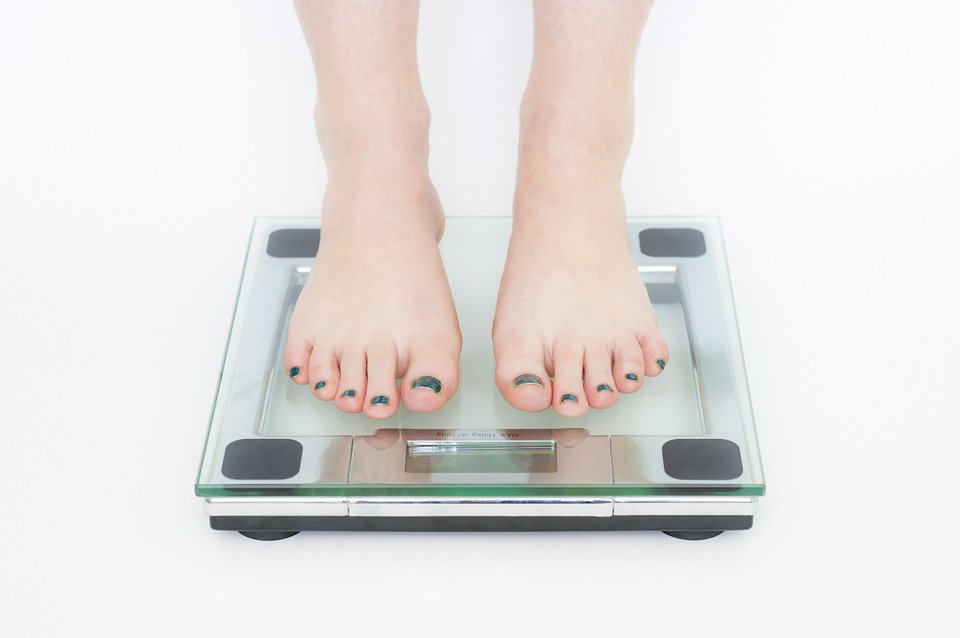

Image Source: Pexels
If you find that you, or someone you love, is pregnant for the first time, you may be wondering what will change over the course of the next nine months. What dietary shifts must occur? What lifestyle preparations must be made?
One very common question that often arises is what activities must be avoided and what ones can continue, often with some alterations to how they are carried out.
To Avoid or Not to Avoid, That is the Question
There are many considerations to help you proactively stay healthy while pregnant, especially during an epidemic like the coronavirus, such as:
- Avoiding public areas and crowds and generally practicing social distancing.
- Staying away from sick people whenever possible.
- Abstaining from touching your face.
- Washing your hands regularly and thoroughly.
- Wearing a face mask when out of the house.
- Discussing the use of telemedicine with your doctor to cut down on office visits.
In addition to activities aimed at staying healthy, below are some of the most common pregnancy activities that have long been discussed. The question of whether or not to do each one has been debated for centuries. While you should always consult with your doctor regarding any prenatal activities, here are the general guidelines for some of the most common activities that take place while you’re pregnant.
Restricted Lifting
From lower energy and nausea to loosening hip joints, there are a lot of bodily changes that take place during pregnancy. Naturally, then, one of the simplest activities that comes into question is lifting. How much can you lift while you’re pregnant — or should you lift anything heavy at all?
While opinions vary widely on this front, the typical rule of thumb is to let others help you if possible. This is especially true if you’re at risk for premature labor.
However, Dr. Judith Reichman from the TODAY show challenges the strict “don’t lift more than 25 pounds” rule that is often suggested. She claims that lifting too much later in pregnancy can lead to injury, but it shouldn’t affect the pregnancy itself. If you want to be cautious, reduce your typical lifting to around 20-25% of your non-pregnant maximum later in your pregnancy.
Gardening
When pregnant, it’s important to avoid excessive direct contact with soil. Both gardening and eating unwashed veggies right out of a garden can lead to the rare pregnancy complication of toxoplasmosis.
This comes from the parasite Toxoplasma gondii and can lead to brain damage and blindness in unborn children.
Toxoplasma gondii is most often transmitted through contact with cat and dog feces — both of which can be found in garden soil. So wash your hands thoroughly after gardening and avoid other activities that bring you in close contact with animal droppings, such as changing the kitty litter.
Painting
Certain paints can have chemical solvents and lead that are potentially harmful to an unborn child. Thus, it’s typically best to avoid painting. If you absolutely need your nursery painted before the arrival of your new family member, consider hiring a professional or prepping the space and then leaving the actual painting for a significant other or a family member or friend to do.
If you do decide to paint anyway, be very careful about how you prep for doing so. Ventilate the space and choose paints with low levels of volatile organic compounds (VOCs).
Cleaning
While “cleaning” is a broad topic, the fact that you can’t change the kitty litter hardly means you have to give up all cleaning activities overnight. It’s still perfectly acceptable to go about cleaning your home as usual.
Each cleaning activity that you engage in should still be done with care. Many classic cleaning routines involve strong chemicals that can be harmful to people, pregnant or otherwise. Bt’s been suggested that when bleach fumes combine with light and a citrus compound found in many cleaners, it can create airborne particles that are bad for people and pets alike to inhale.
If you’re going to clean while pregnant (and chances are you need to at some point over the next three-quarters of a year), always look for chemical-free, gentle cleaners that are pregnancy-safe. Tools like the Think Dirty app can help you identify the health and safety of each product that you’re considering.
Exercising
When it comes to exercising, most doctors recommend around 30 minutes of moderate physical activity each day of the week. Of course, this leaves a lot of wiggle room, but the important thing is that exercising isn’t to be avoided as an off-limits activity. In fact, it can be an essential part of a healthy pregnancy.
However, don’t take this as an excuse to hit up the gym and start bench pressing more weight than you’ve ever done before. Go about your exercise with careful consideration. If you can stick to your normal high-impact exercise regimen without issues, great! If you feel that it’s too much, though, there’s no problem with experimenting with more pregnancy-friendly alternatives like at-home movements and stretches. Of course, as always, consult with your doctor regarding what is acceptable and what is too much as well.
Staying Safe During Pregnancy
As is the case with most pregnancy-related advice, the main goal with all of these activities is to function in your day-to-day life without exposing your child or yourself)to unnecessary dangers.
With that in mind, always go about any activities with an eye towards the safety of the activity itself and research any possible repercussions that it could have on your child. Don’t go about this with fear or paranoia, but rather with an enlightened and positive attitude focused on safety and health.





1 Trackback / Pingback
Comments are closed.